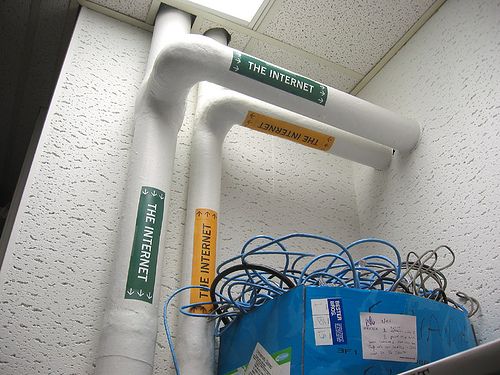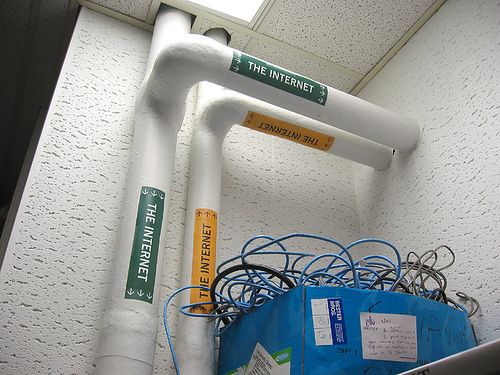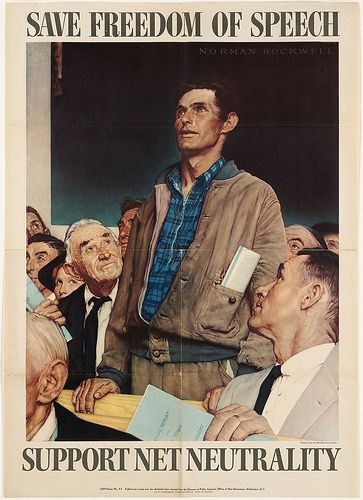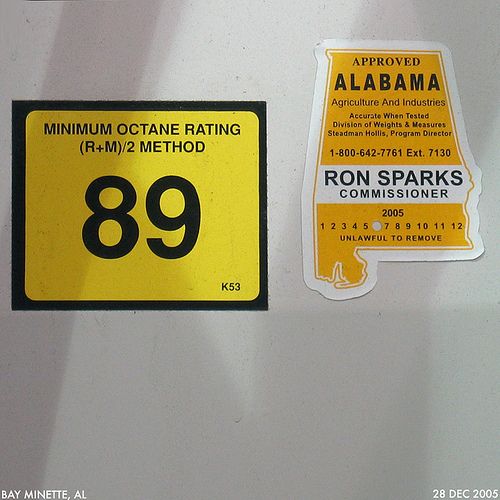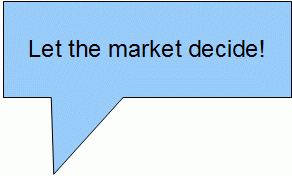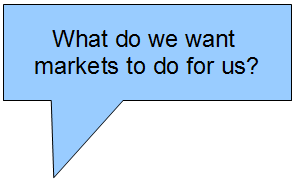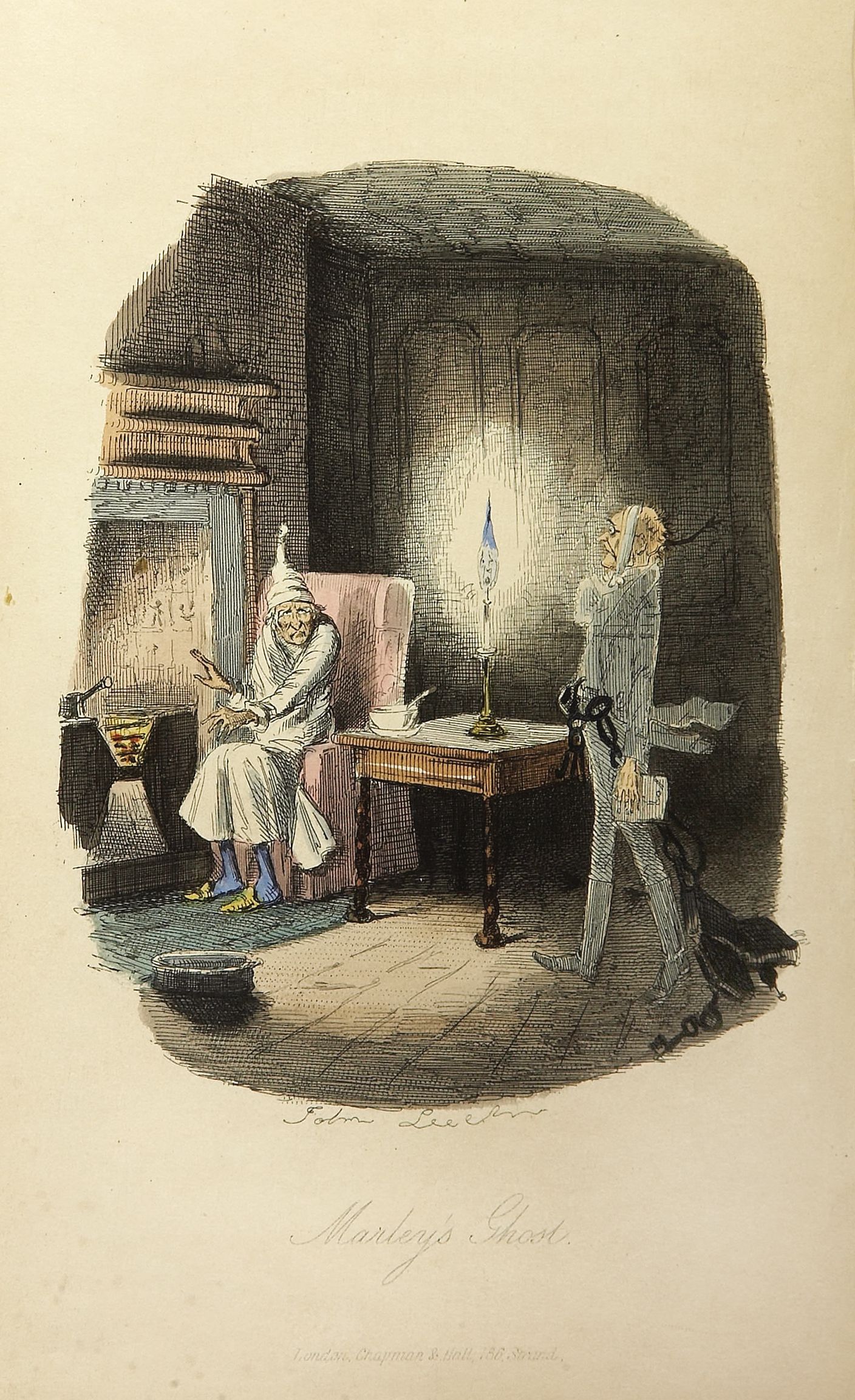
Photo Credit: Seluryar via Compfight cc
Although America’s largest cities tend to have robust transit systems that include rail in addition to buses, the transit systems of smaller cities often use only buses. Therefore, residents of these cities often refer to the transit system as “the bus,” as in, “I’m not taking the bus! No way!”

Photo Credit: redjar via Compfight cc
Although this negative attitude comes partly from limitations that their city’s transit system may have, I think it’s also connotations of the phrase “the bus.” As I child, I took the bus to school. I got so tired of riding the bus that it was a relief to be able to walk to high school.
Many of my classmates, though, rode the bus until graduation. That made not having to ride the bus seem like a step toward adulthood. Riding “the bus” as a adult to get around town, then, may feel like a developmental step backward. We may unconsciously think that riding the bus is for kids.
Speaking of transit systems, including bus-only systems, as transit avoids this connotation. Transit is a characteristic of a big, grown-up city, and good transit systems are used by people of all ages and walks of life with pride.
Transit consultant Jarrett Walker, author of the Human Transit blog, offers many posts that discuss transit and language.
Framologists should dignify their city’s transit system by calling it transit rather than the bus. But do you think it makes a difference?
